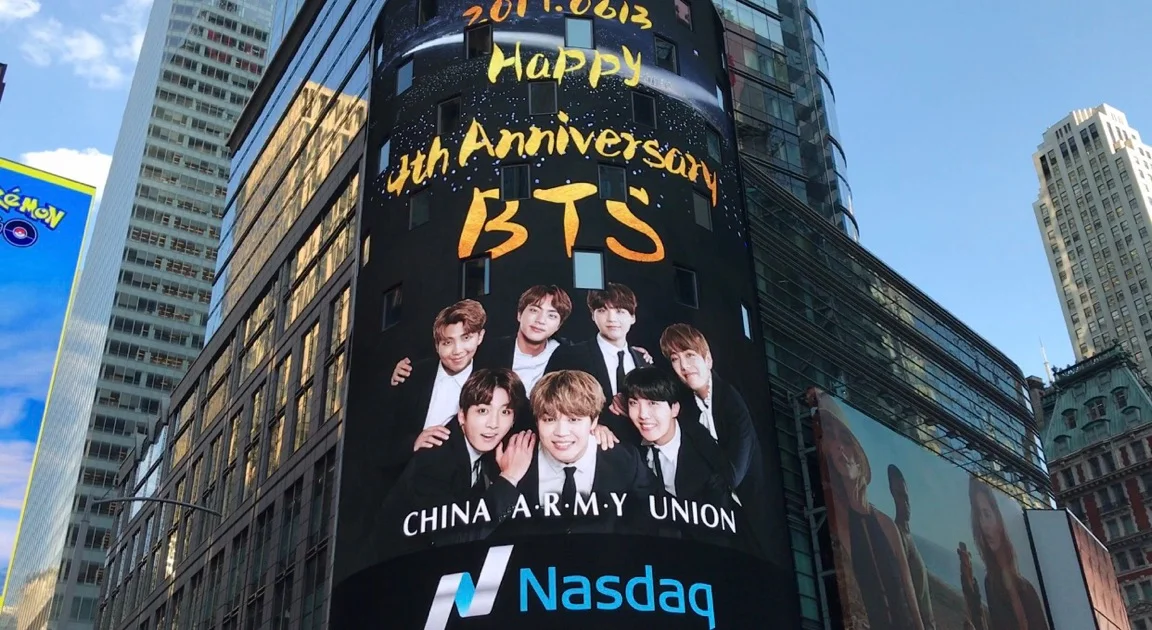Why the Globalization of Content Matters
Last night I walked from my Times Square office into a throng of screaming fans. Newsflash: They weren’t there for me. I asked a cop what was going on. He answered matter-of-factly: “K-pop”.
It illustrated one of the trends from a project I’ve been working on to operationalize audience personas, business category snapshots and relevant cultural and content trends into a self-serve bank of marketplace intel for the team at Viacom Velocity.
Big media was once the gatekeeper for introducing audiences to international content. Social media has allowed fans to bypass that system and connect with people and explore trends from around the world - and they’re loving it.
According to YPulse, “63% of Gen Z & Millennials consider themselves citizens of the world. The popularity of global trends, and content focused on other cultures and countries, is giving young consumers a new appetite for globally-focused music, TV, movies, and more.”
And they’re not waiting for us to get behind their passion. Superfans of K-pop supergroups like BTS are crowdraising funds to buy Times Square billboards, that cost upwards of $30k, to honor their favorite bands. Media and marketers would be wise to find ways to tap into that fandemonium … or risk letting a powerful global trend pass them by.








